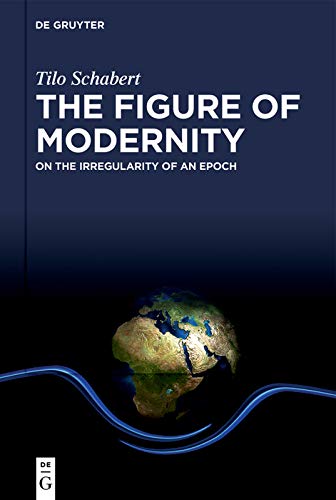

Most ebook files are in PDF format, so you can easily read them using various software such as Foxit Reader or directly on the Google Chrome browser.
Some ebook files are released by publishers in other formats such as .awz, .mobi, .epub, .fb2, etc. You may need to install specific software to read these formats on mobile/PC, such as Calibre.
Please read the tutorial at this link: https://ebookbell.com/faq
We offer FREE conversion to the popular formats you request; however, this may take some time. Therefore, right after payment, please email us, and we will try to provide the service as quickly as possible.
For some exceptional file formats or broken links (if any), please refrain from opening any disputes. Instead, email us first, and we will try to assist within a maximum of 6 hours.
EbookBell Team

4.0
46 reviewsTwo words describe a modern world: limits and limitless. Traditionally, humans recognized limits of their power. Modernity meant a break. Its protagonists aspired to bring worlds of their imagination into reality. They taught a new anthropology. Humans could ascend to a God-like status. Schabert analyzes the history of the project and its result: a civilization in a perennial crisis. Symptoms of the crisis have been exposed, today mostly in ecological terms. Schabert takes his material from many fields: philosophy, cosmology, natural sciences, literature, social studies, economics, architecture, and political thought. While modernity is endlessly disrupted, a world beyond modernity can be traced, especially in the modern theory of constitutional government. Constitutional governments are formed by limitations within a civilization that is meant to have no limits. What appears to be paradoxical has its own logic, as Baruch Spinoza, John Locke, Montesquieu, John Adams, the Federalist Papers, John Stuart Mill, Walter Bagehot, and Woodrow Wilson have shown. Schabert carefully explicates their constitutional thought. It realized the limits through which modernity holds a promise.